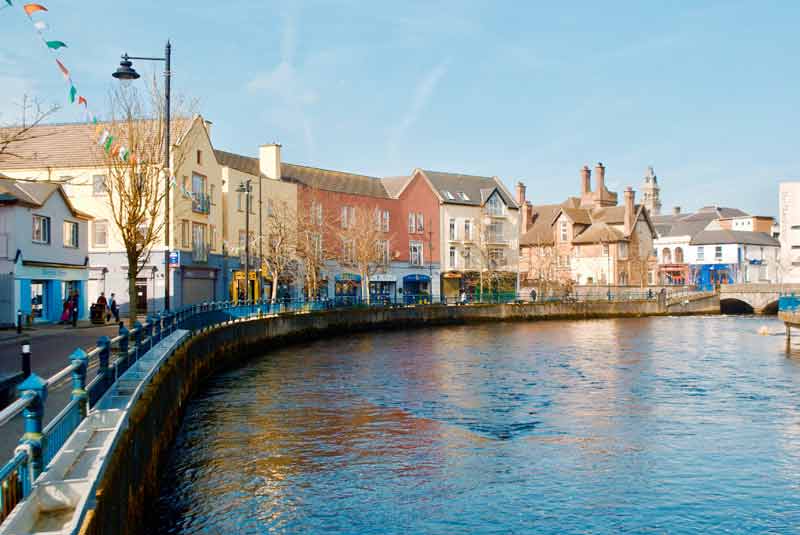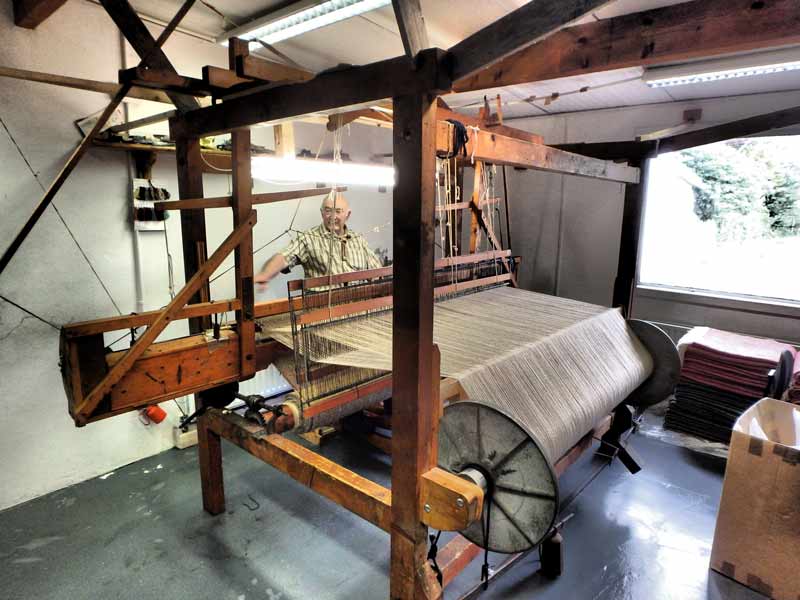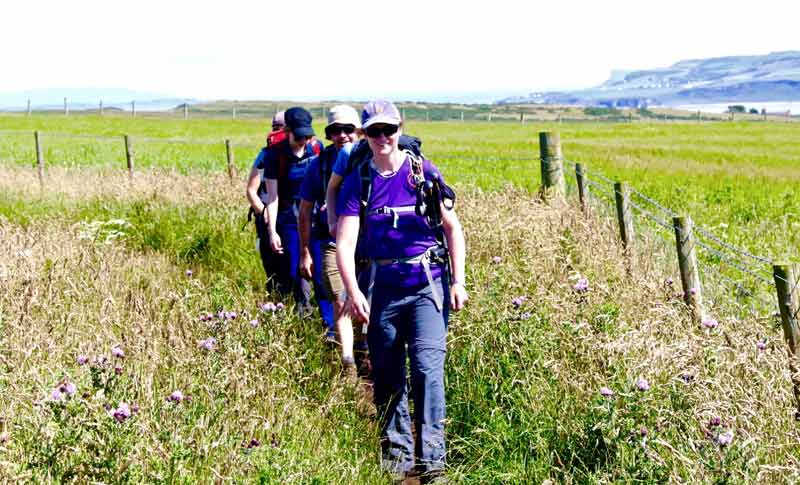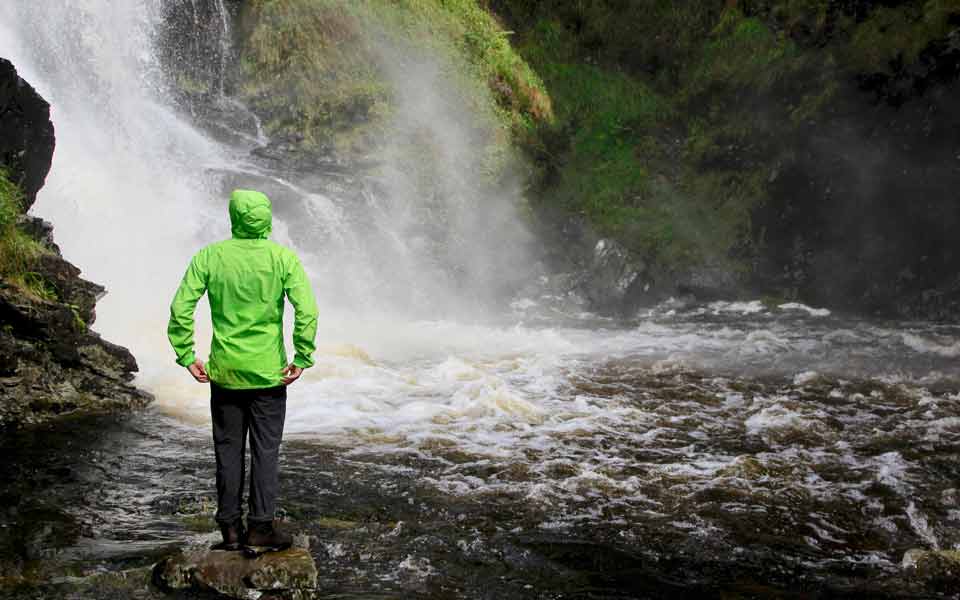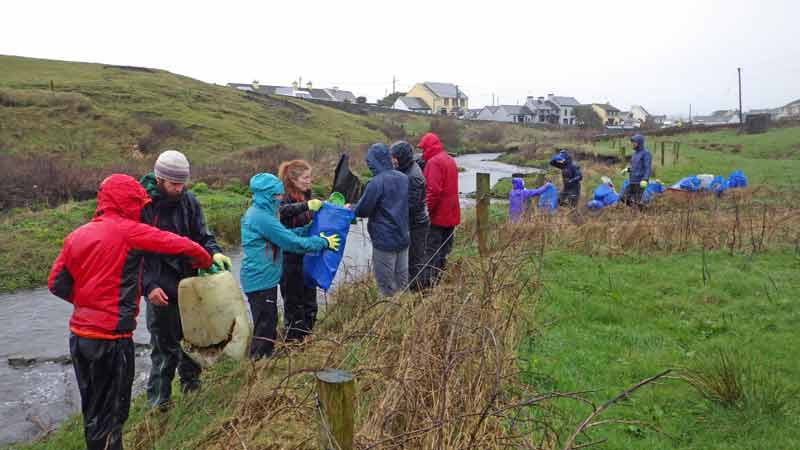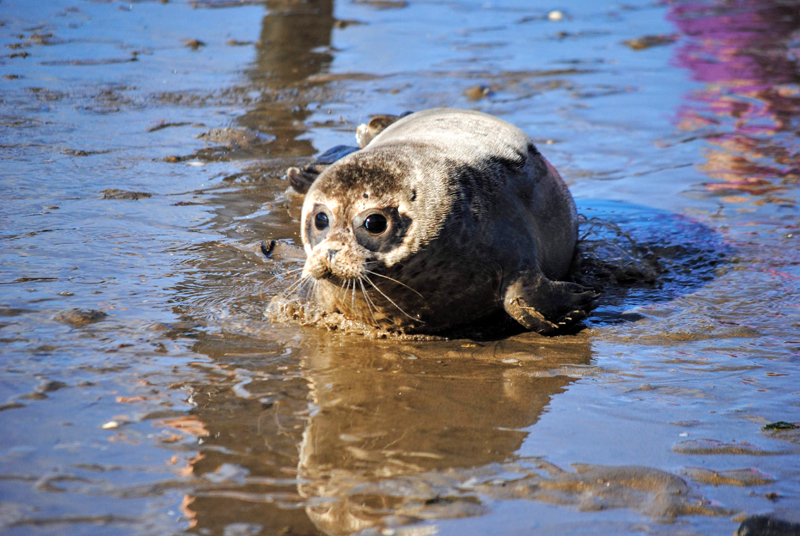Our business was created to share our passion for the inspiration, spirit and value of the natural environment. What we didn’t know when we started our business many years ago, was how significant the threat of a changing climate would become. While we have always sought to run an environmentally sustainable business (and have been independently recognised several times for doing so), we feel the time has now come to ramp up the action, work harder and act more creatively to respond to the climate emergency with renewed focus and energy.
The Tourism Industry
Alongside other industries, tourism plays a contributing role to the climate crisis and we acknowledge this requires an urgent need for change across the industry. The paradox is that travel and tourism can be an amazingly positive force for good. Well managed, sustainable tourism supports local economic development, sustains local communities and traditions and shines a light on nature and wildlife conservation.
Built upon this philosophy, our mission is to maximise these positive benefits of tourism while seeking to minimise the negative impacts. Climate change is happening now and that is why we became one of the founding signatories to the Tourism Declares a Climate Emergency and the Glasgow Declaration. Our commitment to reducing emissions is the response we feel is needed across the travel industry. Backed by science and with expert independent input, we have committed to reducing our carbon emissions by 90% by 2030 (9% per annum for 10 years from 2020). For those emissions we cannot eliminate by 2030, we undertake to permanently remove the carbon equivalent from the atmosphere by investing in reforestation and afforestation projects. Through this approach our goal is to achieve “True” Net Zero status by 2030.
Carbon Labelling
Our work over the past few years has taken us a long way to this net zero goal already but there remains a lot of work to be done, which will arguably be the hardest work of all. Over the coming years, we’ll continue to push harder and respond faster to make further reductions to both our direct and indirect carbon emissions drawing upon the most extensive measurement and benchmarking exercise we have ever done.
You can read more about our approach to Climate Change on these pages, including details of how we have measured our carbon footprint and developed one of the world’s first carbon labelling schemes for travel. We hope such labelling will become the norm allowing us all to make more informed and better decisions on where and how to travel. We will report on our progress on an annual basis and share this on our website and in communications with our clients.
Learn More at Tourism Declares
